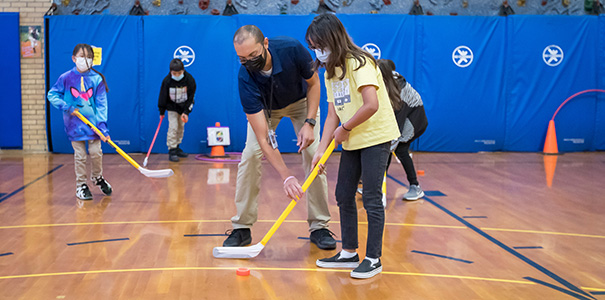
The Benefits of Early Childhood Education: Setting the Foundation for a Lifetime of Learning
Early childhood education is crucial as it lays the groundwork for a lifetime of learning. During the early years, children’s brains are rapidly developing, making it the optimal time to provide them with quality educational experiences. In this blog post, we will discuss the numerous benefits of early childhood education and how it can positively impact a child’s cognitive, emotional, and social development.

1. Cognitive Development:
Early childhood education programs focus on promoting cognitive development through activities that stimulate critical thinking, problem-solving skills, and language acquisition. By engaging in age-appropriate activities, children develop their memory, attention span, and reasoning skills. These early experiences help enhance their intellectual abilities and set the stage for future academic success.
2. Social and Emotional Development:
Interacting with peers and educators in a structured environment fosters social and emotional development. Early childhood education promotes social skills, such as sharing, taking turns, and cooperating, which play a crucial role in building healthy relationships in later years. Additionally, children learn to identify and manage their emotions, which contributes to their overall well-being and mental health.
3. Language and Literacy Skills:
Early childhood education programs prioritize language development as it is the foundation for communication and future academic success. Through storytelling, reading, and engaging in interactive conversations, children are exposed to vocabulary, language patterns, and early literacy skills. These experiences significantly enhance their language proficiency, reading abilities, and overall communication skills.
4. Preparation for School:
Participating in early childhood education programs provides children with a smooth transition to formal schooling. They develop the necessary skills to follow routines, adapt to structured environments, and collaborate with peers and teachers. With a solid foundation in place, children are more confident, independent, and eager to learn when they embark on their academic journey.
5. Long-Term Educational Success:
Studies consistently show that children who participate in high-quality early childhood education programs have higher levels of educational achievement in the future. These children are more likely to graduate from high school, attend college, and succeed academically. Early education sets the stage for a lifelong love of learning, a curious attitude, and the motivation to explore new knowledge.
Conclusion:
Investing in early childhood education is a wise decision that yields lifelong benefits for children. The cognitive, social, emotional, and language development that occurs during these crucial years significantly impacts a child’s overall well-being and lays the foundation for a successful educational journey. By providing children with the tools and opportunities to learn, grow, and explore, we empower them to reach their full potential and become lifelong learners.



